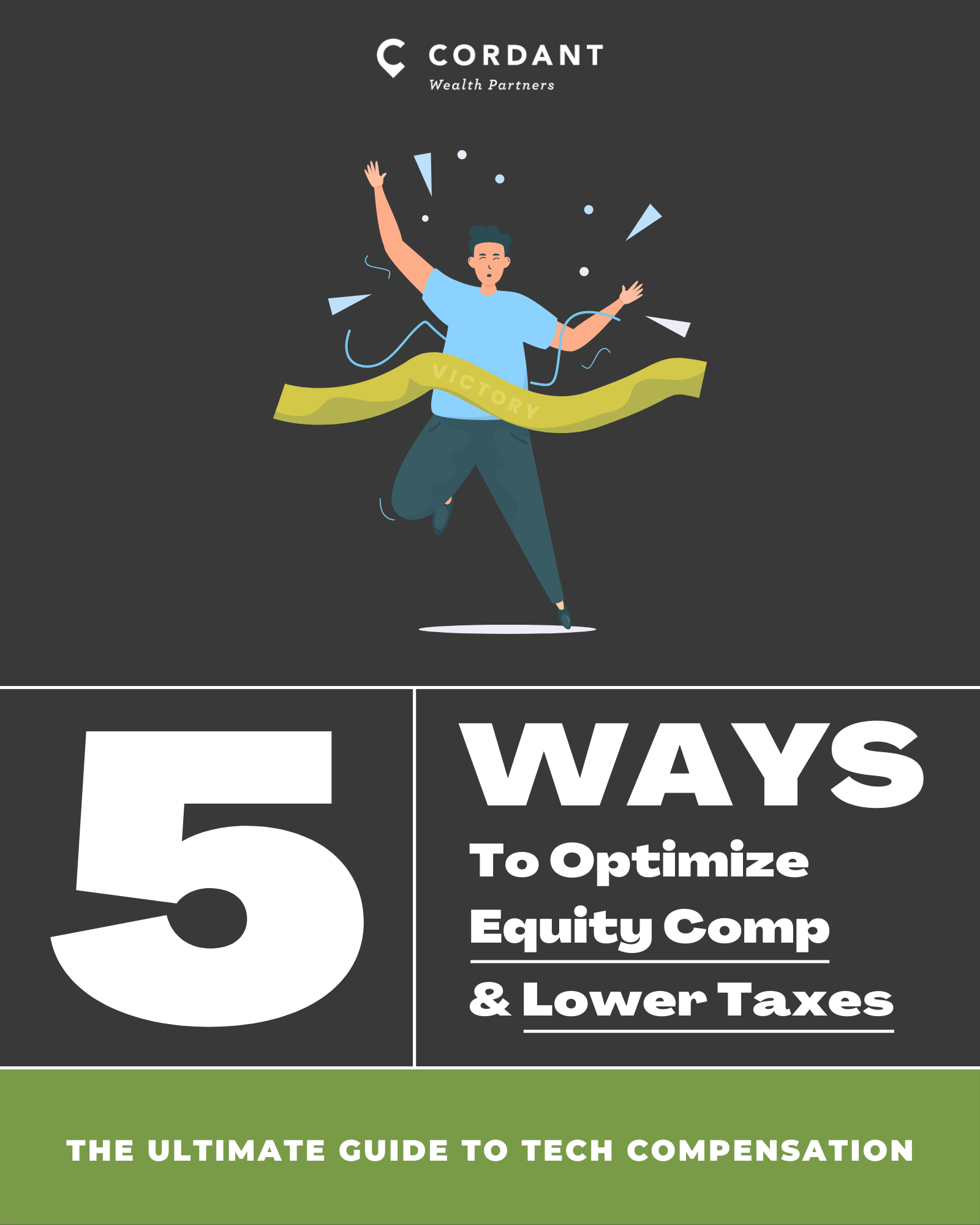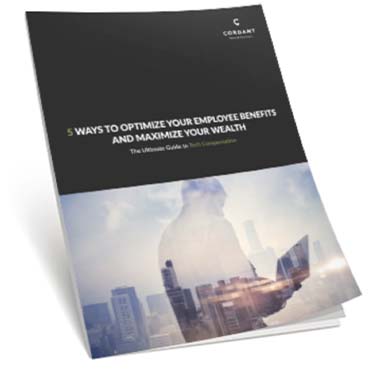Bill Gross (a.k.a. the “Bond King”) is one of the most successful investors of his generation. He co-founded PIMCO (a bond investment company) in 1971 with $12 million in assets to manage… and prior to his departure in late-2014, the company had grown to more than 2,000 employees and over $1 trillion (yes, trillion with a “T”) in assets managed.
Why would an investor this accomplished and successful need a financial advisor?
Ben Carlson, who writes the fantastic blog “A Wealth of Common Sense,” explores this idea. Carlson reasons that plenty of rationale exists for Gross having a team of financial advisors in place—including financial planning complexities like tax considerations and trust and estate issues.
But he suggests that there is also another explanation at play:
“Most people, even those that are successful in the world of finance and business, get their own financial advisor to keep themselves out of trouble. Intelligent people understand the benefits of having an independent third party there to make sure they don’t make any huge mistakes.”
Carl Richards—a financial advisor, author, speaker, and “Sketch Guy” for the New York Times—hired his own financial advisor to work with his family for a similar reason, which he depicts in the sketch below.
In other words, a financial advisor should be a protective fortress—standing between you and “the big mistake.”
There are many benefits to working with a trusted financial advisor, but is there any merit to this idea of using an independent party specifically to avoid mistakes?
Common wealth management mistakes
Research shows there are two common mistakes people make when it comes to finances. We’ll discuss them here, as well as ways in which a good financial advisor can help you from making them.
Mistake #1: Impulsive decisions
In 2008, three Harvard University professors wrote a paper on the “want/should conflict.” Why it is that we often do what we want right now, when we know doing what we should, will make us better off in the long run? Most importantly for us, they focused on ways we can make better decisions despite this behavioral tendency.
One recommendation was the use of commitment devices, a strategy we are proponents of as well. The paper reflects on a 2006 study which examined people’s money saving behavior with two different types of savings accounts.
In the study, banking clients had the option to open one of two different account types: a standard savings account, or a “commitment” savings account. The “commitment” account stipulated that funds could not be withdrawn until the depositor reached a self-selected, predetermined date or savings goal. The rates and terms were identical in every other way.
It should be noted that the standard account is the logically superior account. The “commitment” account has added limitations without any additional benefit to agreeing to these limitations.
However, a significant amount (28%) of people did freely choose the “commitment” account—wisely knowing their own behavioral shortfalls. And the result? Individuals using this account saved 81% more over the next year than their peers using a standard savings account, clearly a choice that aligns with the “should” self and not the “want” self.
So, what does this have to do with hiring a financial advisor?
Ben Carlson also shared the following anecdote regarding Larry Ellison (the CEO of Oracle) and his financial advisor:
“Documents in a trial revealed that Mr. Ellison lives well. His annual “lifestyle” expenses amount to $20 million. A villa in Japan costs $25 million, a new yacht costs $194 million, and preparations for America’s Cup cost $80 million. The documents include emails to Ellison from his financial advisor. One email said, “I know this email may/will depress you. However, I believe it’s my job to address issues you’d prefer not to confront. You told me years ago that it’s OK to raise the ‘diversification issue’ with you quarterly….Well, I’m doing it. View this as a call to arms.”
By addressing the necessary issues to keep Ellison aligned with his financial goals, his advisor was helping to keep him committed to the agreed upon strategy.
Using a financial advisor is similar to using a commitment device. By putting a financial plan in place and committing to a strategy to achieve this plan (at Cordant, we use a document for this called “The Financial Blueprint”), a good financial advisor can hold you to your commitment. Keeping you focused on your long-term goals and strategy is a powerful way to accomplish your vision for the future. This works no matter who you are—a financial advisor, tech company CEO, or the “Bond King” himself.
Mistake #2: Overconfidence
Humans can be a confident bunch, and we tend to overestimate our abilities in a number of ways. (It’s why 80% of people rate themselves as above-average drivers.)
In some ways, this confidence is a very good thing. How many new businesses would be started, new products created, or new technology developed without a healthy dose of confidence?
But when it comes to your wealth management, overconfidence can lead to big mistakes. A paper simply titled “How Can Decision Making Be Improved” suggests that to avoid the pitfalls of overconfidence, try to take an outsider’s view. Put yourself in someone else’s shoes and imagine it’s them (and not you) who is making a decision. What would your advice to them be in any given situation?
They go on to say:
“Decision makers may also be able to improve their judgments by asking a genuine outsider for his or her view regarding a decision.”
A good financial advisor provides valuable objective perspective. Their expertise and professional advice on the decision notwithstanding, an advisor can help you frame a decision in an unbiased and rational way. Removing yourself from a situation can help you see it clearly, as if you were giving advice to someone you know and care about (rather than yourself).
It’s okay to be human
The fact is, mistakes are an unavoidable part of life—but when it comes to your wealth management, they can be more easily avoided with the help of a financial advisor.
If a financial advisor, a tech company CEO, and the “Bond King” himself all need help to successfully manage their wealth, chances are so do you.
Enjoy reading this blog? Sign up for our free, bi-weekly eNewsletter where you’ll receive this post and others like it straight to your inbox.
Click here for disclosures regarding information contained in blog postings.


